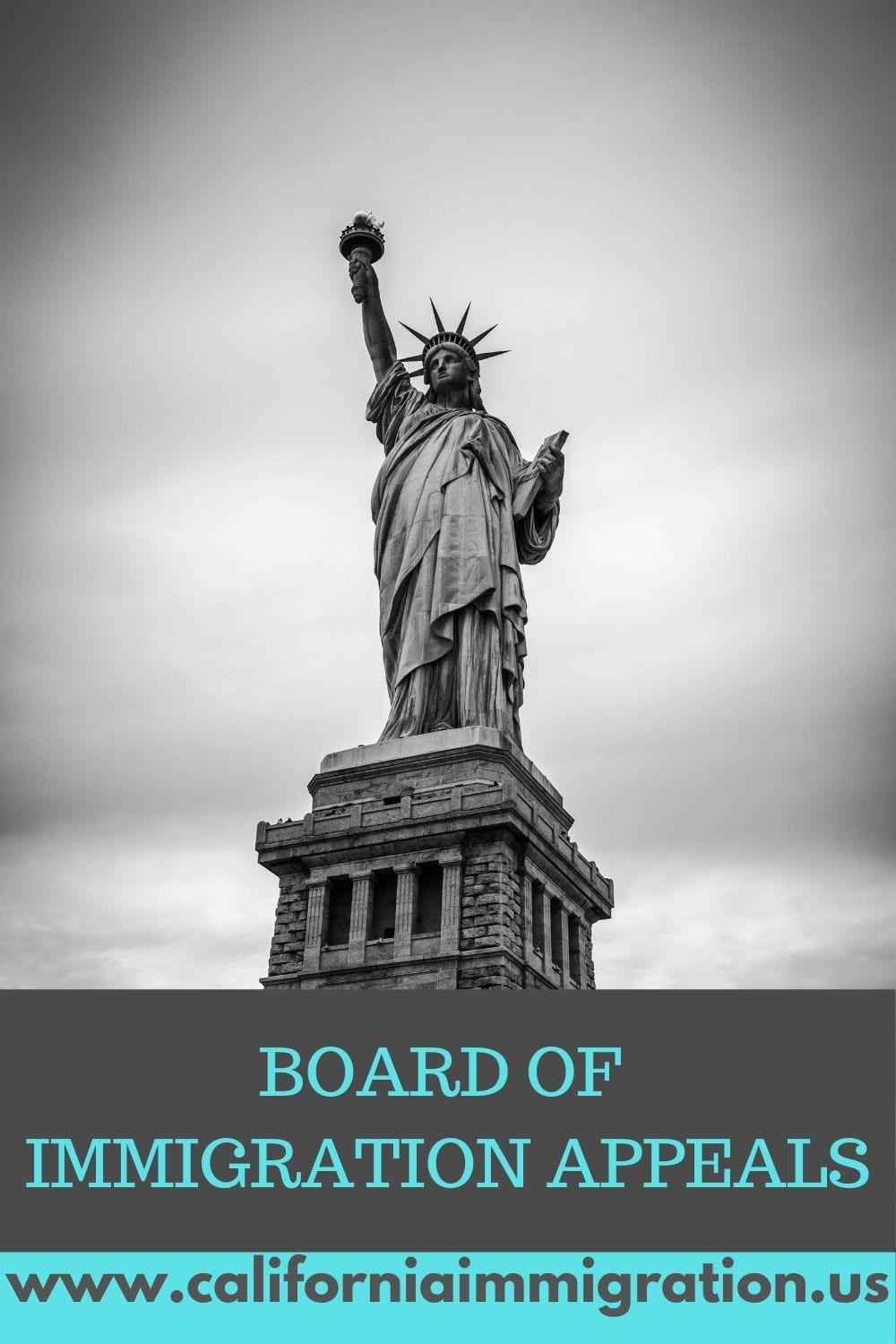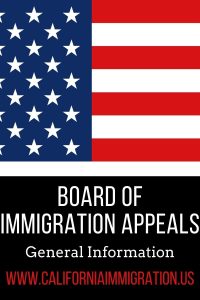
Court Analyzes BIA’s Basis for Denying Motion to Reopen on Credibility Grounds
The Ninth Circuit has clarified when the Board of Immigration Appeals
may consider a prior adverse credibility determination in its assessment of a motion to reopen.
“In the Ninth Circuit, we recognize that immigration judges (‘IJs’)
—but not the Board of Immigration Appeals (‘BIA’)
—have the prerogative to answer that question by using the maxim falsus in uno,
falsus in omnibus (‘false in one thing, false in everything’).
Here, however, the BIA used that prerogative to discredit petitioner Ranjit Singh’s affidavit in support of his motion to reopen
because Singh had been found not credible by an IJ in his prior removal proceedings,
but as to facts quite unlike those he asserted in his motion to reopen.
We hold that such blanket reliance on a prior adverse credibility determination
that was based on dissimilar facts contravenes the law of the Ninth Circuit.”


“To synthesize our precedents, an item of evidence already found
not credible at an alien’s removal proceedings remains presumptively not credible
at the motion-to-reopen stage,
Likewise, an item of fact unproven at the alien’s removal proceedings remains unproven—and the BIA is free to disregard it
—unless the alien effectively corroborates it with new evidence submitted in support of his motion to reopen.
the BIA should first ascertain the scope of that adverse credibility finding.
at the motion-to-reopen stage, then the BIA is free to discredit them,
not through the application of the falsus maxim, but because it would defy common sense to require the BIA to accept previously rejected facts when proffered anew based solely on the discredited words of the same witness.”
the BIA must accept it as true unless it is inherently unbelievable.
The full text of Singh v. Garland can be found here: https://cdn.ca9.uscourts.gov/datastore/opinions/2024/12/24/23-2065.pdf
